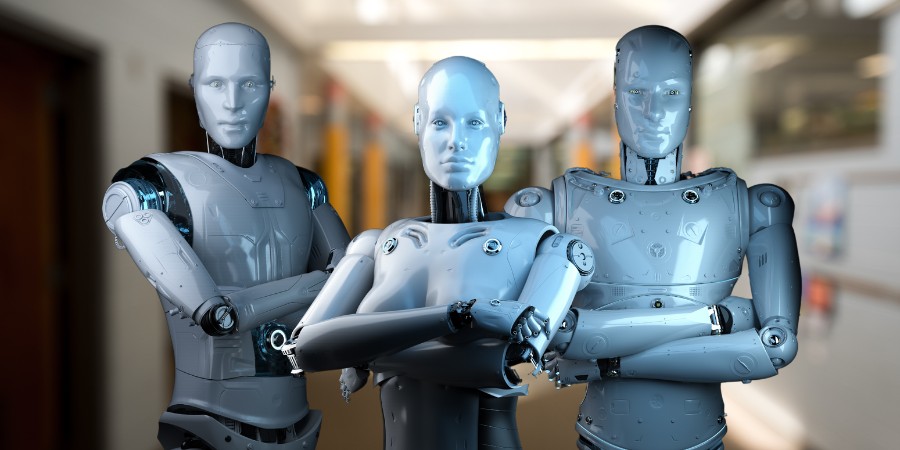As an AI consultant for businesses, I often receive promising declarations about “the next revolution.” Usually, reality is less impressive. A few days ago, Anthropic, the developer of the AI system Claude, introduced new technology, and I wanted to test it myself – the results left me stunned.
I installed the new system on my computer and gave it a seemingly simple task: “Find me five investment properties in Dubai within a defined budget, create an Excel spreadsheet with all relevant details, and calculate the expected ROI from rental.” While I sat sipping my coffee, I watched a simply mesmerizing spectacle: the system opened a browser on its own, navigated between different real estate sites, collected data, compared prices, checked price history in the area, analyzed market trends – all with mouse movements and rapid keystrokes that seemed almost… human.
In less than 15 minutes, while my coffee was still hot, I found a perfect Excel spreadsheet on my screen: five properties with all the details – from price per square meter to detailed yield forecasts. Work that would have taken at least several hours.
It’s not just the speed that amazed me – we’re already used to fast computers. What’s truly revolutionary is the fundamental change in how AI can work. Until now, all artificial intelligence systems were essentially brilliant advisors without hands. They could think, analyze, and advise, but they always needed a human to operate the computer for them. Now, for the first time, AI is freed from this limitation. It can operate the computer itself – open programs, copy information, edit documents, send emails. It’s like promoting AI from an external consultant to a full-time employee who can complete tasks from start to finish.
The implications are enormous. Think of a world where one system can manage all office tasks simultaneously. In the banking system, for example, AI can not only identify suspicious patterns but also open investigation files, document findings, generate reports, and send alerts to relevant parties – all autonomously.
In law offices, the system won’t just analyze court decisions – it can open Word, write drafts of legal documents, edit them, save them in the right place, and send them for review. In real estate companies, AI can conduct parallel negotiations with dozens of contractors in different languages, while documenting each conversation and updating all relevant systems.
Although it’s too early to compare this development to the industrial revolution – and time will tell if the comparison is justified – we cannot ignore the potential for significant change in how we work. While the industrial revolution replaced our muscle power with machines, this time we’re seeing computers starting to replace our cognitive work.
This change raises complex questions. Who will be responsible when an AI system makes wrong business decisions? How do we prepare the next generation for a world where many traditional jobs will be performed by computers? And how do we ensure this technology serves society as a whole, not just those who can afford it?
Organizations already beginning to implement this technology are finding that the right way is to start small – one department, one project, one process. Meanwhile, they’re investing in training employees for new roles that focus on what AI still can’t do: creative thinking, complex problem-solving, and most importantly – understanding and motivating people.
The outlook is both fascinating and disturbing. As I sat in front of my computer watching it complete in minutes work that usually takes hours, I realized we’re not talking about just another technological improvement. This is a fundamental change in how we work, think, and manage businesses.
Giant companies like Asana, Canva, and DoorDash are already incorporating this technology into their products. They understand that this isn’t just another tool – it’s a completely new way of running businesses. And the real question isn’t whether this technology will change the world of work, but what we’re going to do with this immense power.
Alexander Kap is an AI business expert and Contributor to Forbes Israel. Forbes Israel Contributors are independent writers selected by the Forbes editorial team, experts in their field, providing current commentary and reviews in their area of expertise. The content reflects their personal views and is solely their responsibility. It is not sponsored or paid content.





